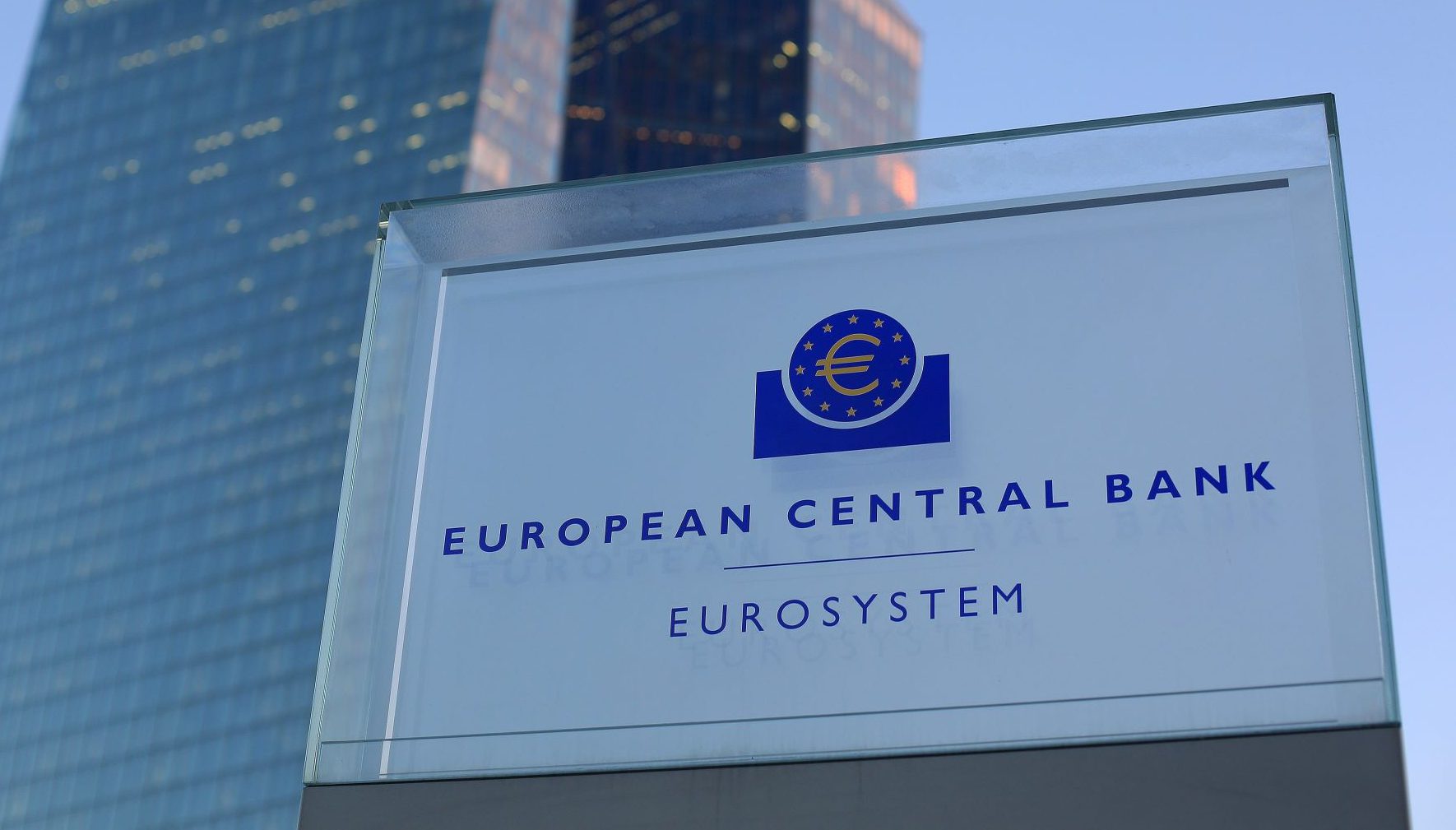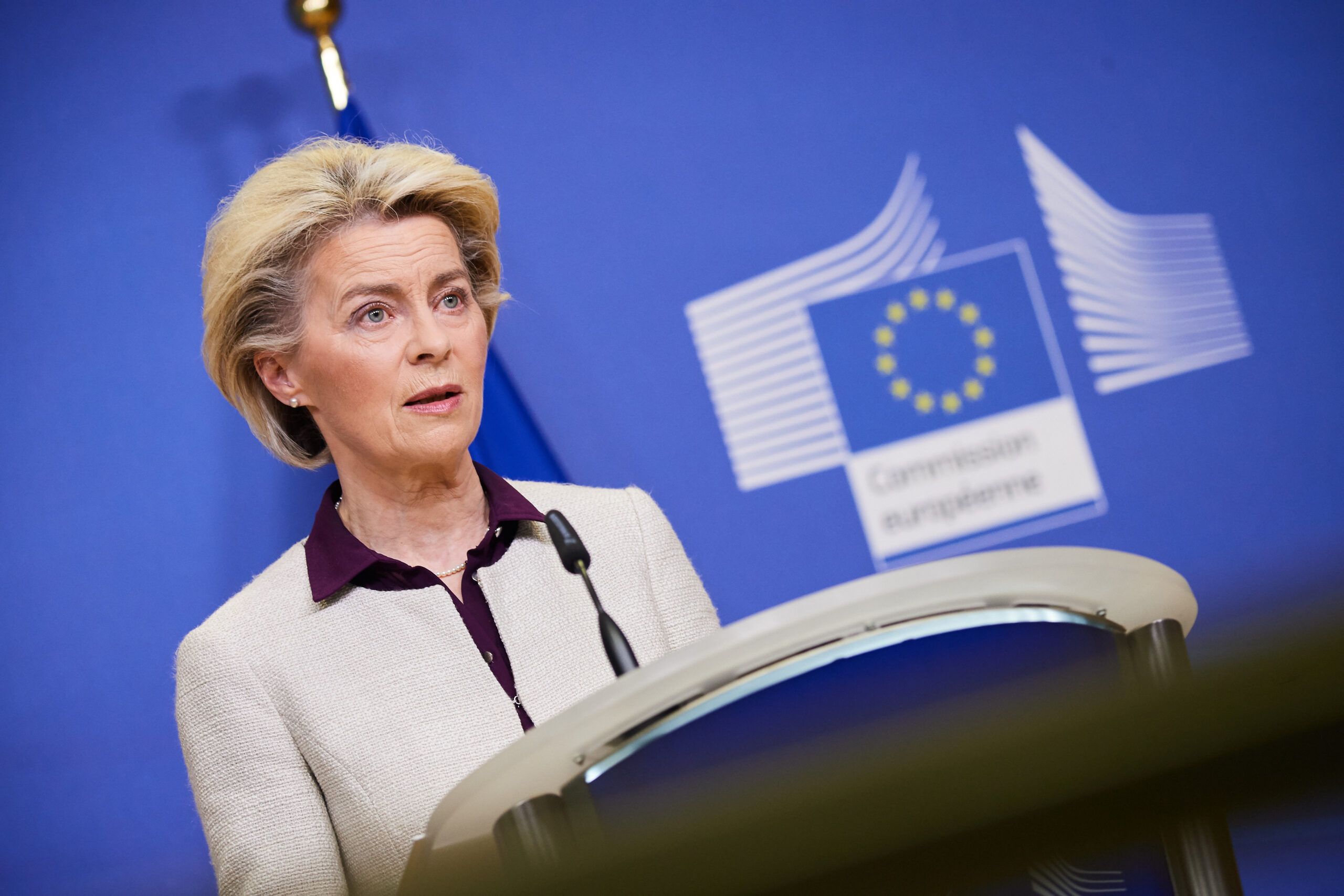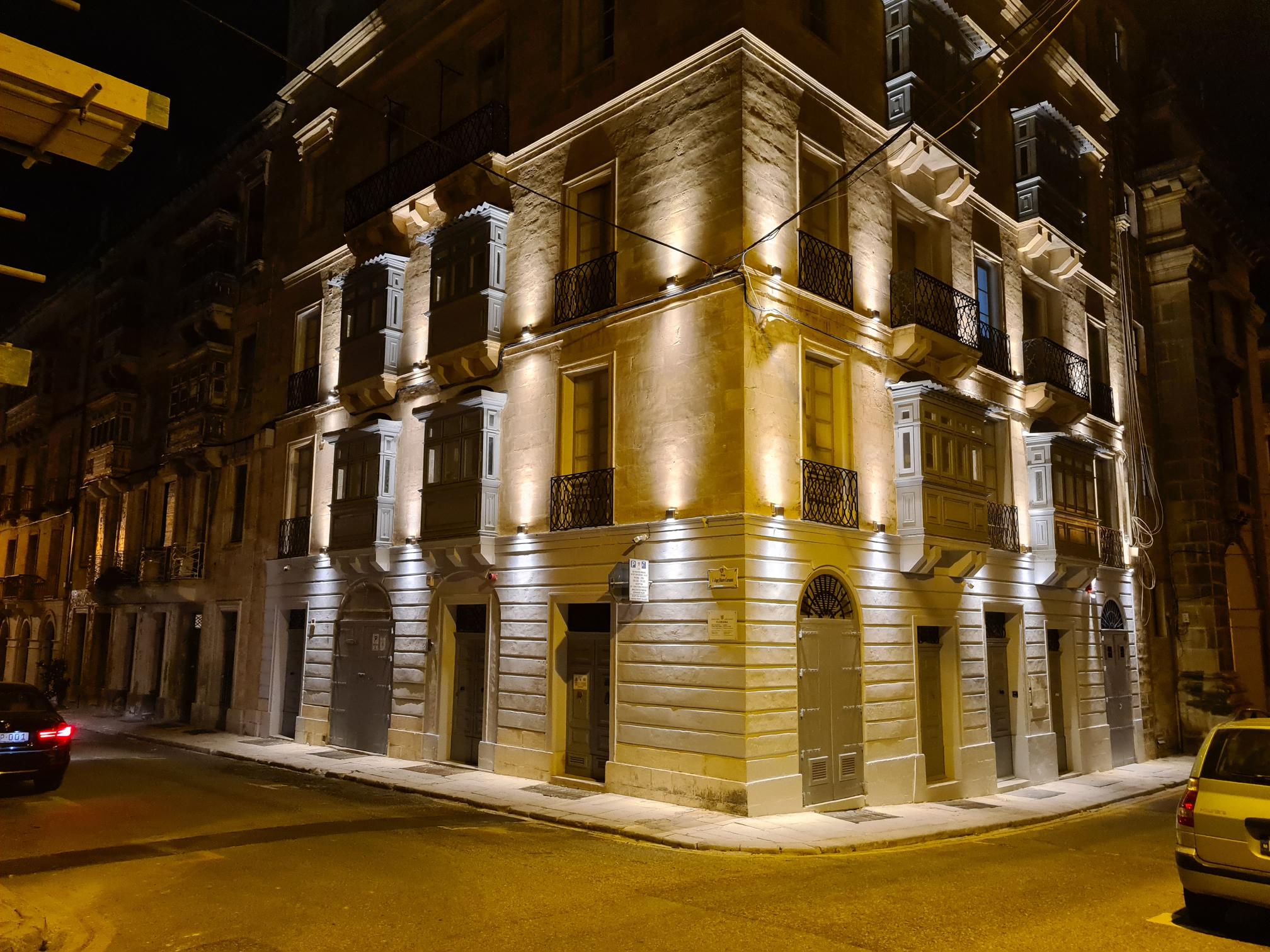The European Central Bank has announced a radical shift in policy in response to the high inflation working its way through Eurozone economies, with interest rates expected to exit negative territory by September and a key quantitative easing programme coming to an end.
Although the key deposit facility interest rate will remain unchanged at a historic low of -0.50 per cent during June, the ECB expressed its intention to increase it by 25 basis points at its July monetary policy meeting. This will be the first interest rate hike since 2011. The key interest rate has been negative since 2014.
Additionally, the Governing Council decided to end net asset purchases under its asset purchase programme (APP) as of 1st July 2022, bringing an end to an era of quantitative easing that was put in place in the aftermath of the financial crisis of 2007-8 and in response to the European sovereign debt crisis that followed.

Edward Scicluna, governor of the Central Bank of Malta and a member of the ECB’s Governing Council, hailed the historic decisions.
“Today is a special day for the Governing Council of the ECB,” he said. “After a long and demanding discussion we have decided to open a new chapter in the annals of monetary policy.”
“The era of staying in negative territory fearful of deflation is over. A lift-off is planned for July.”
He said that “while we are for the present comforted by the knowledge that for the medium term, that is by 2024, inflationary expectations are anchored at 2.1 percent, we have to act in the face of high inflation rate, both headline and core rates. This we will do using the instruments at our disposal which include interest rates. Asset purchasing programmers will be stopped.”
He noted that as a result, “we should be moving out of negative territory by July and into positive territory after that”.
The ECB pointed to higher inflation and weaker economic growth as the key reasons behind its decisions.
“Russia’s unjustified aggression towards Ukraine continues to weigh on the economy in Europe and beyond. It is disrupting trade, is leading to shortages of materials, and is contributing to high energy and commodity prices,” it said in a statement.
“These factors will continue to weigh on confidence and dampen growth, especially in the near term,” the ECB warned.
Growth forecasts have also been downgraded for 2022, down to 2.7 per cent from a previous estimate of four per cent in May.
The ECB’s interest rate hike follows similar decisions in the USA, where the Federal Reserve in May increased rates for the first time since 2000, and in the UK, where the Bank of England has approved rates hikes four times since December.
Euro surges as Trump slaps 20% tariff on Europe, EU vows to retaliate
The sweeping reciprocal tariffs has sparked fears of an all-out global trade war
Malta Development Bank hosts Network of European Financial Institutions for SMEs meeting in Malta
The group plays a crucial role in providing expertise and strategic guidance to the EU and its financial institutions
New ERDF grant schemes unveiled to boost SME growth and digitalisation
These ERDF grants present a significant opportunity for Maltese SMEs to strengthen their market position






